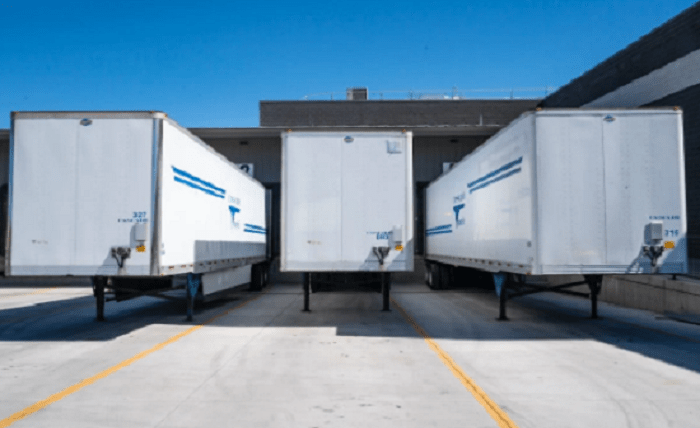You have to take note that the transaction between the buyer and seller doesn’t stop after they have agreed on the conditions of the purchase of the goods. Afterward, the parties have to tackle the shipping agreement and cover which party has to shoulder the shipping cost and bear the burden of risk while the products are in transit. The thing you have to remember about the shipment of goods is that it is not as simple as you might think, especially if it is an international trade for that matter. Under the regulations of Incoterms, there are several types of shipping conditions that they have to agree upon. One of the popular shipping options available to you is referred to as FCA which is an acronym for Free Carrier. If you are considering this type of shipping agreement but you want to know more about how the precept works, then you’d be glad to know that the short but informative blog I prepared is specifically what you are looking for! In this blog, I will share with you the particulars of Incoterms Free Carrier and how it can help you manage the shipment of goods from the buyer to the seller. So without any further delays, let’s get right into today’s discussion.
What is Free Carrier Shipment?
Free Carrier or fca incoterm is a shipping agreement whereby the seller is responsible for the shipping costs and maintenance of the good’s condition while they are in transit. The term “free” coincides to indicate that the buyer is free of any delivery responsibilities up until the goods are delivered to the agreed location where the ownership shall be transferred to the buyer. Unlike the prospect of Ex Works which is also under the standards of Incoterms, the point of ownership transfer is made where the goods are delivered to the agreed location by way of air and land, not just through the sea or ocean. They can also agree that the assumption of ownership shall be made when the shipment is fully consummated and delivered to the seller’s warehouse or designated storage facility. As you see, it is deeply leaning to the benefit of the buyer because the delivery risk lies on the seller. However, its advantage to the seller is that it improves the relationship and builds trust between the buyer and seller.
Understanding How FCA Incoterm Works
Incoterms Free Carrier shipping condition is flexible because the point of ownership transfer could be arranged depending on the dealings between the buyer and seller–it could be at the port or terminal or the seller’s responsibility over the delivery of the good could extinguished when the delivery is fully completed at the warehouse or storage facility of the buyer. Another advantage of the FCA Incoterm is that the shipping option is not limited by way of sea or ocean, you can also agree on the shipment by way of land or air. By then, it is the seller’s duty and responsibility to maintain the integrity of the goods and ensure that they are in good condition during the duration of the shipment. The carrier of the products ranges from various transport vehicles such as a truck, streamline, boats, airplanes, or trains which depends on the conditions agreed by the parties involved.

Final Thoughts
I hope the short blog I prepared has provided you with the insights you have about the concept of Incoterms Free Carrier. As you see in today’s discussion, the Free Carrier shipment heavily provides the advantage to the buyers. The term “free” refers to the convenience of the buyers because the point of ownership transfer and passing of the burden risks and subsequent charges are laid upon the seller up until they are delivered to the agreed location to the satisfaction of all parties involved. In some way, it is also advantageous to the seller in building trust and credibility to the seller which will create loyalty and patriotism.



